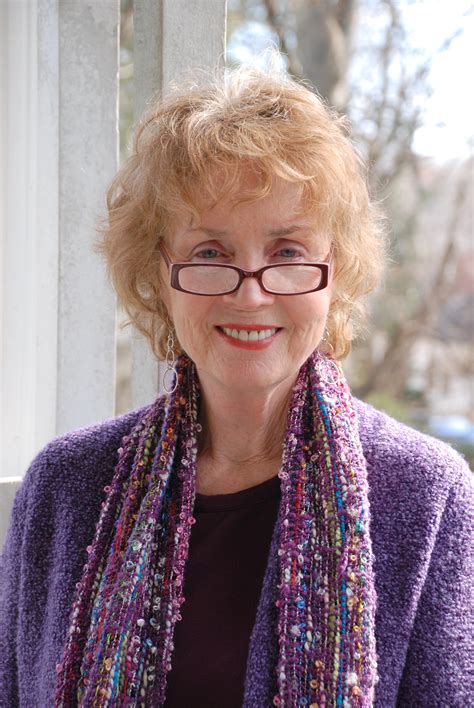A Quote by Tama Janowitz
The novel is never really in the first draft. The novel really happens in the revisions.
Related Quotes
I was a lot dumber when I was writing the novel. I felt like worse of a writer because I wrote many of the short stories in one sitting or over maybe three days, and they didn't change that much. There weren't many, many drafts. That made me feel semi-brilliant and part of a magical process. Writing the novel wasn't like that. I would come home every day from my office and say, "Well, I still really like the story, I just wish it was better written." At that point, I didn't realize I was writing a first draft. And the first draft was the hardest part.
Every first draft sucks, so when you have your favorite novel, and you're like, 'Wow, this is a masterpiece,' and then you write your first draft, and you're like, 'This is really bad,' and then you're like 'I can't do this because this is nowhere close.' When, in reality, the book you loved so much started out just as crappy.






































